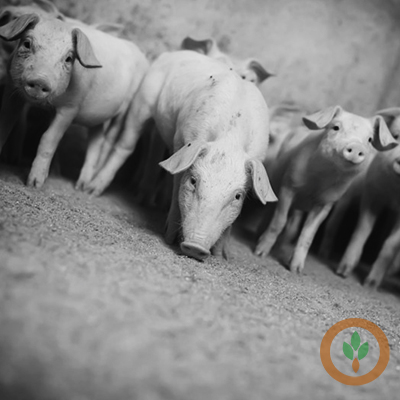News
Kansas State study confirms transmission of ASF through feed

A Kansas State University study confirms African Swine Fever can be easily transmitted through contaminated feed.
Dr. Megan Niederwerder tells Brownfield they exposed commonly imported feed ingredients to varying temperature and humidity levels and found the shipping environment promotes stability of ASF.
“We confirmed that ASF is stable in these feed ingredients and that it can survive for at least 30 days under simulated transoceanic shipment.”
Niederwerder says some ASF confirmed countries have processing procedures, like drying and threshing on roadways, that put feed ingredients at risk of becoming contaminated.
With millions of kilograms of swine feed ingredients imported from China alone, she says producers should look into sourcing ingredients locally or from countries not affected by ASF.
“The other process that people are putting into place is storage time. So, once the feed ingredients come in they are looking at storing those for a certain period of time prior to incorporating them into a complete feed diet.”
She says they are continuing their research to see if there is a heat treatment that could inactivate the virus or if there are any anti-viral chemical mitigants that can be used as feed additives.
African Swine Fever does not impact people and poses no food safety risks, but it is highly contagious and is a deadly virus that affects hogs. It was first found in China in August of 2018 and has since spread to other European countries including Mongolia, Vietnam, Laos, the Philippines, and North Korea.

Add Comment